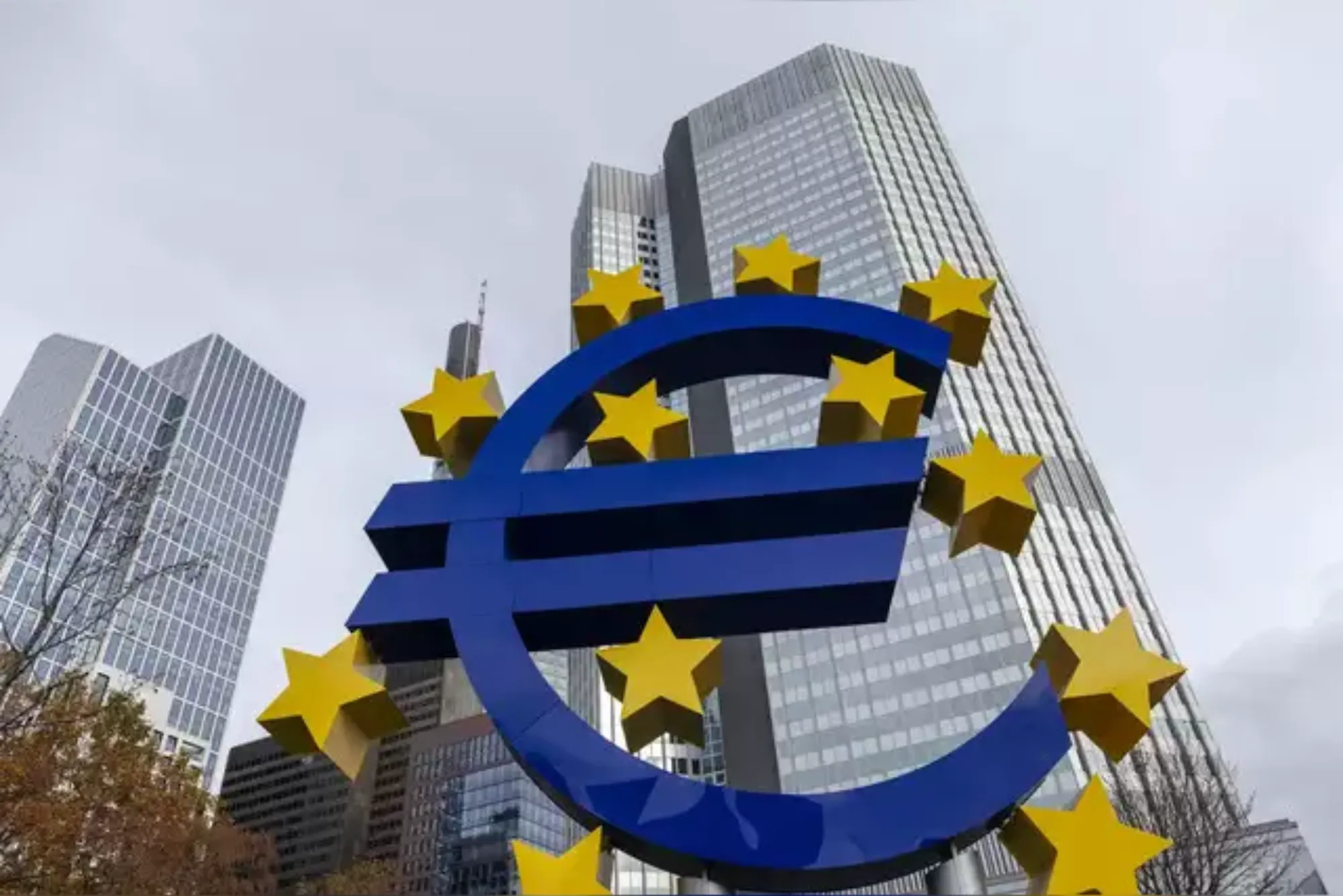The Eurozone, a key player in the global economy, has been facing turbulent times marked by a recession. Understanding the intricacies of this economic downturn is crucial for businesses, policymakers, and individuals alike. In this comprehensive guide, we delve into the various aspects of the Eurozone recession, its impacts, and strategies to navigate through it successfully.
The Eurozone Economy Amidst Recession
The Eurozone, comprising 19 member states, has encountered economic headwinds leading to a recession. This downturn is characterized by a decline in economic activity, including GDP contraction, rising unemployment rates, and reduced consumer spending. Several interconnected factors contribute to the onset and exacerbation of the recession within the Eurozone.
Key Factors Contributing to the Eurozone Recession
Trade Dynamics:
The Eurozone’s reliance on international trade makes it susceptible to global economic fluctuations. Trade tensions, disruptions in supply chains, and shifts in consumer demand significantly impact the region’s economy.
Monetary Policy Challenges:
The European Central Bank’s (ECB) monetary policy measures, including interest rates and quantitative easing, play a pivotal role in stabilizing the economy. However, navigating monetary policies amidst a recession presents challenges, particularly concerning inflation and currency devaluation.
Debt Burden and Austerity Measures:
Several Eurozone countries grapple with high levels of public debt, exacerbated by austerity measures implemented in response to the 2008 financial crisis. Balancing fiscal consolidation with stimulating economic growth poses a formidable challenge for policymakers.
Global Economic Impact of the Eurozone Recession
The Eurozone’s economic performance reverberates globally, influencing trade relations, financial markets, and investor confidence. The recession’s ripple effects extend beyond European borders, impacting emerging markets and economies heavily reliant on Eurozone trade. As a result, businesses and governments worldwide must monitor and adapt to the evolving economic landscape.
Strategies for Businesses in the Eurozone
Amidst economic uncertainties, businesses must adopt agile strategies to mitigate risks and capitalize on emerging opportunities. Strategic diversification, cost optimization, and innovation are imperative for sustaining competitiveness in a recessionary environment. Furthermore, businesses can leverage digital technologies to enhance efficiency, expand market reach, and streamline operations.
Adapting to the Eurozone Recession: A Case Study Analysis
Drawing insights from successful business adaptations during previous recessions provides valuable lessons for navigating the current Eurozone downturn. Case studies from diverse industries showcase resilience, flexibility, and innovation as key drivers of survival and growth. By analyzing these case studies, businesses can identify best practices and tailor strategies to their specific contexts.
The Role of Government Policies in Alleviating Eurozone Recession
Government intervention through fiscal stimulus eurozone dubai packages, investment incentives, and structural reforms is essential for revitalizing economic growth and restoring investor confidence. Coordination among Eurozone member states is critical to implementing cohesive policy measures for collective recovery. Additionally, policymakers must prioritize social safety nets to mitigate the adverse impacts of the eurozone dubai recession on vulnerable populations.
Analyzing the Eurozone Recession: Lessons from Dubai
As a global business hub, Dubai offers unique perspectives on navigating economic downturns. Insights from Dubai’s resilience strategies, diversified economy, and proactive government policies serve as a blueprint for Eurozone stakeholders seeking sustainable recovery pathways. By studying eurozone dubai Dubai’s experiences, Eurozone businesses and governments can identify innovative approaches to overcome challenges and foster economic resilience.
Challenges and Opportunities in the Eurozone Recession
While challenges abound in the Eurozone recession, it also presents opportunities for innovation, restructuring, and fostering resilience. Embracing digital transformation, sustainable practices, and strategic partnerships can position businesses and economies for long-term growth amidst adversity. Moreover, investing in education, research, and development can enhance competitiveness and drive economic diversification.
Navigating the Eurozone Recession for Growth
In conclusion, the Eurozone recession poses multifaceted challenges requiring coordinated efforts from businesses, governments, and policymakers. By understanding the underlying dynamics, implementing strategic initiatives, and learning from past experiences, stakeholders can navigate through the recessionary tide and emerge stronger, paving the way for sustainable growth and prosperity in eurozone dubai the Eurozone and beyond. As Eurozone businesses and governments adapt to the evolving economic landscape, resilience, innovation, and collaboration will be key drivers of recovery and long-term success.





